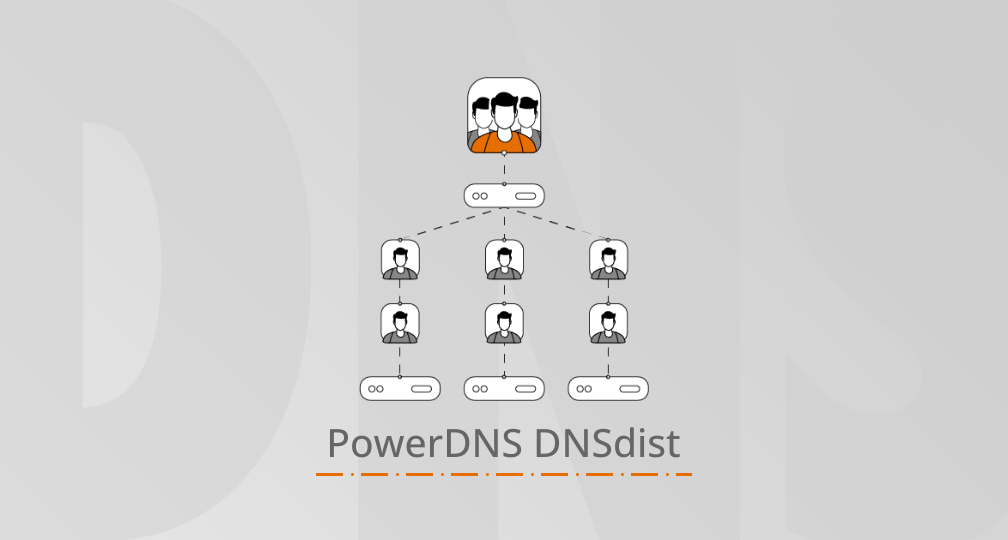
Open-Xchange examines UK consumer trust in the technology sector
- 33% of Britons expressed a desire to stop using Facebook-owned services; 11% of UK consumers expressed a desire to stop using Huawei products
- 63% of Britons don’t believe that the big messaging platform providers respect their privacy rights
- 73% of Britons have seen their trust in the big messaging platform providers (i.e. Facebook Messenger, WhatsApp) erode over the last 2 years
London, 17th October - Open-Xchange, the open source communications software provider, today announces the results of a UK consumer survey conducted by Censuswide. The survey examines attitudes towards the big messaging platform providers (i.e. Facebook Messenger, WhatsApp), as well as wider consumer trust in the technology sector.
The geopolitical issues affecting Huawei appear to have had little effect on how UK consumers view the Chinese firm. Only 11% of respondents have expressed a desire to stop using their products or services. In contrast, 33% of Britons desire to stop using the services and products developed by Facebook, with a further 14% of UK consumers also expressing a desire to stop using Instagram and Whatsapp which are Facebook owned services.
Despite recent privacy scandals, only 11% of Britons have a desire to stop using services/products developed by Google. A further 11% of UK consumers have a desire to stop using products or services developed by Apple.
Do UK consumers trust the messaging platform providers?
According to this survey, 58% of UK consumers do not trust the big messaging platform providers with their personal data. Meanwhile, just 5% of Britons state that they ‘completely’ trust these firms when it comes to how they handle their data, with 63% of survey respondents also answering ‘no’ when asked whether or not they believe that the big messaging platforms respect their privacy rights. Currently, only 6% of UK consumers surveyed believe that these firms ‘completely’ respect their right to privacy online.
Additionally, 73% of Britons have seen their trust in the big messaging platform providers (e.g. Facebook Messenger, WhatsApp) erode over the last 2 years, with just 3% of UK consumers ‘strongly disagreeing’ with this statement.
Britons care more about data-privacy than user experience
Open-Xchange also examined the factors that would encourage users to switch messaging services. ‘Ensuring that my privacy was respected’ was the most common answer, with 48% of respondents picking this option. Data portability (i.e. the ability to transfer conversation history/contacts when switching services) and interoperability (i.e. the ability to contact people on different platforms) also ranked highly (25% and 29% respectively). A combined 54% of UK consumers chose these factors as reasons to switch messaging providers.
When asked what features they would like to see added to messaging apps, Britons generally opted for transparency over how their data is used over user experience. Meanwhile, 32% of respondents indicated that interoperability was preferable. A further 28% of respondents opted for improved transparency over how their data is used, whilst a further 17% opted for data portability. In contrast, only 17% of UK consumers would opt for improved user experience (UX).
When asked if they would switch to a different messaging service in the future, if a more trustworthy provider were to emerge, 87% of UK consumers said yes.
Rafael Laguna, CEO of Open-Xchange, commented: “Today's biggest privacy risks arguably come from the big messaging platform providers. These businesses are essentially utilities that we rely upon for personal and business communications; yet for a huge proportion of us, trust in these firms is at an all-time low.
“With such a significant chunk of the population distrusting chat applications in particular, a new approach to instant messaging is needed. That’s why Open-Xchange will launch OX COI Messenger a secure, federated, permission-less chat ecosystem that lies within the email IMAP infrastructure and will give users the power to avoid lock-in. It will also allow providers to deliver secure internet services with a great user experience that respect privacy and generate superior margins'.
A new chat alternative in a walled-garden market
OX COI (Chat Over IMAP) Messenger is an open source, real-time chat application with privacy and transparency at its core, designed to offer users an alternative to Facebook and WhatsApp.
OX COI Messenger will utilise email servers, which will allow users to send and receive instant messages via their email inbox, and transfer their contacts and message histories to and from different chat providers. According to this survey, 70% of UK consumers are willing to use a messaging service that allows them to receive instant messages in their email mailbox, highlighting the potential user base and demand for the product. Email is the most ubiquitous messaging system in the world with far more active users than any other competing messaging service (3.8 billion active users worldwide) - in fact, in this survey, 98% of UK respondents said that they own an email account.
Open-Xchange opens up their OX COI Messenger application for beta testing today. The fully COI compliant app is available for testing to everyone, while the COI protocol was published earlier this year.
ENDS
About Open-Xchange:
Since 2005, Open-Xchange has partnered with many of the largest providers in the world to deliver email and productivity solutions that include secure storage, file and document management, and best-in-class IMAP and DNS management. Deployed by the most innovative businesses worldwide, the OX flagship product – OX App Suite – gives people the freedom to work in ways that make them more productive and secure. Software developed by Open-Xchange is used by 240 million people worldwide. Visit us at www.open-xchange.com to learn more.
About COI & COI Messenger:
Chat Over IMAP (COI) is a universal chat protocol that is Free, Open, Easy and Safe. It is built on top of the IMAP and SMTP standards, and is made up of the COI Standard plus the compatible Client Apps and Email Servers. Developers are not required to build or maintain a server and can reach 7 billion active accounts (with 3.8 billion unique users). COI works with all email servers, but IMAP servers can be enhanced with extra COI capabilities. These extra capabilities make the development of both services and applications much easier and more powerful.
COI consists of a client-side standard and a server-side standard. As a developer, you can create apps, bots or any other services based on these standards – using the programming language, OS and environment of your choice. OX COI Messenger will feature numerous functions associated with chat services (i.e. read receipts and group message options). Telecommunications firms can also use COI Messenger - either as an enterprise product through the OX App Suite, or through the COI Protocol, to develop their own messaging platform, which can then be deployed as part of their email offering. For more information you can visit https://www.coi-dev.org/.
About this research:
This survey was conducted by Open-Xchange in conjunction Censuswide, with 2,000 general respondents from the UK (Aged 16+). Fieldwork was carried out between 04.09.2019 - 06.09.2019. Censuswide abide by and employ members of the Market Research Society. All survey panellists are double opted in (with an opt-in and validation process) in line with MRS and ESOMAR standards.
Media contacts:
Harry Ashcroft, Harvey Broadhurst, Elfie Lawson, Maddie Wood
Ballou UK





